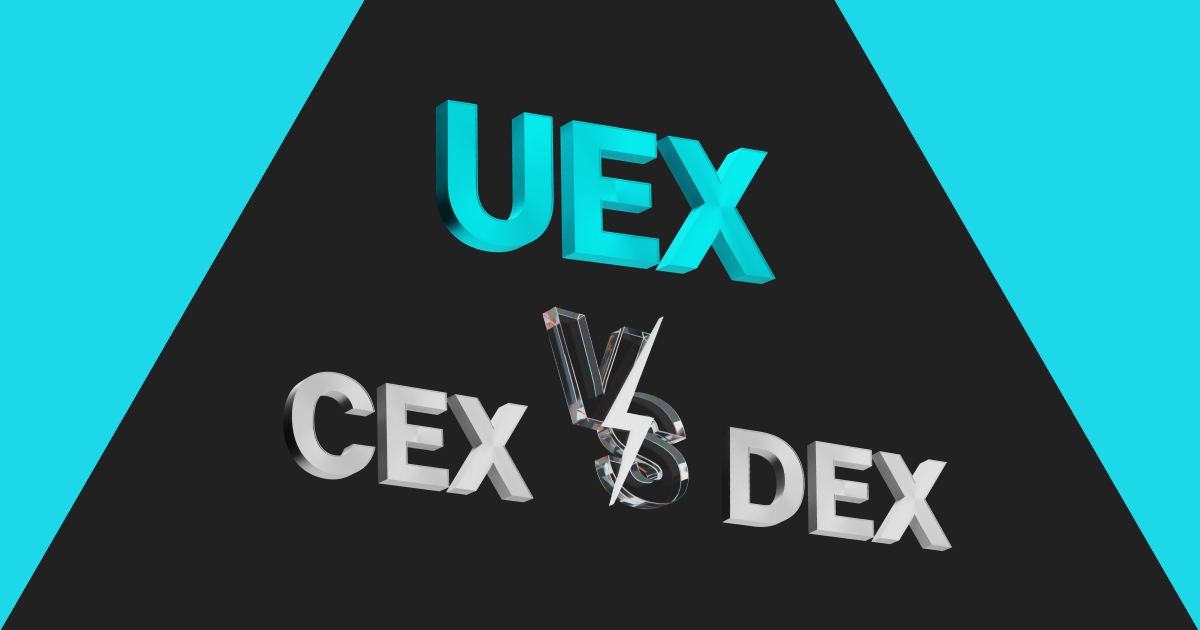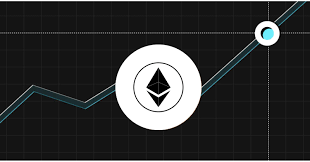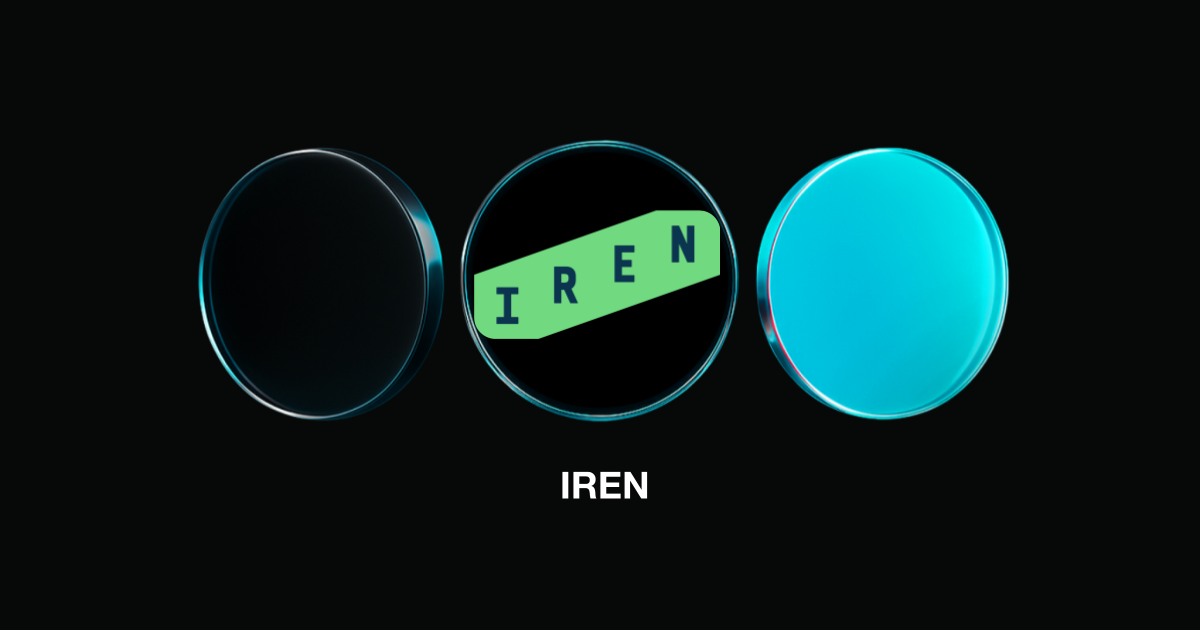
UEX vs CEX vs DEX: Comparing the Future of Digital Asset Trading
As the digital asset market matures, crypto traders and investors now find themselves navigating a rapidly expanding landscape of trading platforms. Gone are the days when the choice was limited to only centralized or decentralized options. The emergence of the Universal Exchange (UEX) is fundamentally reshaping how people interact with both cryptocurrencies and traditional assets online.
Today, you might be weighing the strengths and drawbacks of a Centralized Exchange (CEX) or a Decentralized Exchange (DEX). But knowing how these models compare to the Universal Exchange (UEX) could help you make smarter trading decisions—and unlock new investment opportunities. In this guide, we’ll break down UEX vs CEX vs DEX, explore how each exchange model works, highlight their main advantages and disadvantages, and show why Universal Exchange (UEX) is quickly gaining traction among traders worldwide.
What is a Centralized Exchange (CEX)?
A Centralized Exchange (CEX) is a crypto trading platform managed by a third-party organization. Market leaders like Bitget, Binance, and Coinbase provide CEX services that make it easy for users to buy, sell, and hold a wide range of digital assets.
Key characteristics of CEX:
-
Custodial: Users deposit their funds and the exchange safeguards these assets.
-
Fiat Integration: Effortless trading between cryptocurrencies and traditional (fiat) currencies.
-
High Liquidity: Deep order books ensure fast, seamless trading.
-
Regulated: Compliance with KYC, AML, and other security standards.
Pros:
Beginner-friendly onboarding, high speeds and liquidity, powerful support resources, and fiat onramps.
Cons:
Centralization can mean greater security risk, exchange downtime, and surrendering control of your assets to the platform.
What is a Decentralized Exchange (DEX)?
A Decentralized Exchange (DEX) is a platform that enables peer-to-peer trading through blockchain technology—entirely without intermediaries. Examples like Uniswap, PancakeSwap, and dYdX allow users to maintain custody of their funds and trade directly from their own wallets.
Key characteristics of DEX:
-
Non-Custodial: You are always in control of your crypto through your wallet.
-
On-chain Trading: Every transaction is executed on the blockchain, improving transparency.
-
Permissionless: No sign-ups or KYC—just connect your wallet and trade.
Pros:
Improved transparency and privacy, self-custody of assets, and resistance to central points of failure.
Cons:
DEXs can offer lower liquidity, are harder for beginners to use, and seldom support fiat onramps or offramps.
What is a Universal Exchange (UEX)?
Universal Exchange (UEX) is the next evolution for trading platforms, offering a seamless experience by blending the best of both CEX and DEX while expanding access to tokenized stocks, ETFs, commodities, forex, and other real-world assets.
Bitget is leading the way as an industry pioneer of the Universal Exchange (UEX) model, unifying advanced trading tools, asset diversity, and global accessibility in one easy-to-use platform.
Key characteristics of Universal Exchange (UEX):
-
Unified Asset Access: One account for crypto, tokenized stocks, precious metals, RWAs, and more.
-
Hybrid Infrastructure: Centralized efficiency meets decentralized empowerment for a truly flexible experience.
-
Seamless and Secure: Single wallet for all holdings, AI-powered tools for smarter decisions, and built-in compliance for both digital and conventional assets.
Pros:
An all-in-one trading hub, 24/7 access to a wide array of assets, advanced tools, and security features tailored to all types of users.
Cons:
As a new standard, asset offerings and regulatory clarity are still evolving as adoption accelerates.
UEX vs CEX vs DEX: Features Comparison
| FEATURE | CEX | DEX | UEX |
| Custody | Platform-custodied | Self-custodied | User choice (hybrid) |
| Tradable Assets | Crypto, fiat | Crypto only | Crypto, tokenized stocks, RWAs, fiat |
| Liquidity | High | Lower/Variable | Aggregated, generally high |
| Onboarding | Easy, fiat-enabled | Crypto only | Easy, fiat & crypto-enabled |
| User Experience | Beginner-friendly | Technical, wallet needed | Seamless, unified |
| Fees | May vary, tapering lower for high-volumes | Gas fees, variable | Transparent, competitive |
| Regulation | KYC/AML regulated | Wide range, mostly unregulated | Regulated, best practices |
| Security | Platform & insurance | Code-dependent | Multi-layered, adaptive |
Why Choose a Universal Exchange (UEX) Over CEX or DEX?
Traditional Centralized Exchanges (CEX) offer high liquidity and customer support, while Decentralized Exchanges (DEX) provide privacy and self-custody. However, each comes with its limitations—CEXs require users to trust a central authority, and DEXs can be complex for beginners or lack asset diversity.
A Universal Exchange (UEX) bridges these gaps. It offers:
-
The ease-of-use and liquidity of a CEX
-
The privacy and self-control options of a DEX
-
Access to traditional and blockchain-based assets in one place
As a result, Universal Exchange (UEX) platforms eliminate the need to juggle multiple accounts or interfaces, helping users diversify and optimize their portfolios more efficiently.
Are Universal Exchanges (UEX) Legal and Safe?
The legality of Universal Exchange (UEX) platforms depends on their structure and local regulations. Leading UEX projects like Bitget rigorously implement Know Your Customer (KYC) and anti-money laundering (AML) standards to ensure global compliance and protect users. Top Universal Exchange (UEX) platforms also invest in security features like insurance funds, advanced encryption, and real-time monitoring.
When choosing a Universal Exchange (UEX), always verify its licensing status and commitment to transparency and user safety.
Conclusion
While Centralized Exchanges (CEX) deliver convenience and liquidity, and Decentralized Exchanges (DEX) empower users with privacy and control, it’s the Universal Exchange (UEX) that is poised to take trading into the future. By combining the advantages of both—plus universal asset access—Universal Exchange (UEX) platforms unlock new possibilities for both crypto newcomers and experienced investors.
As pioneers like Bitget shape the Universal Exchange (UEX) ecosystem, now is the ideal time to explore what these all-in-one trading solutions can offer for your portfolio and financial goals.



